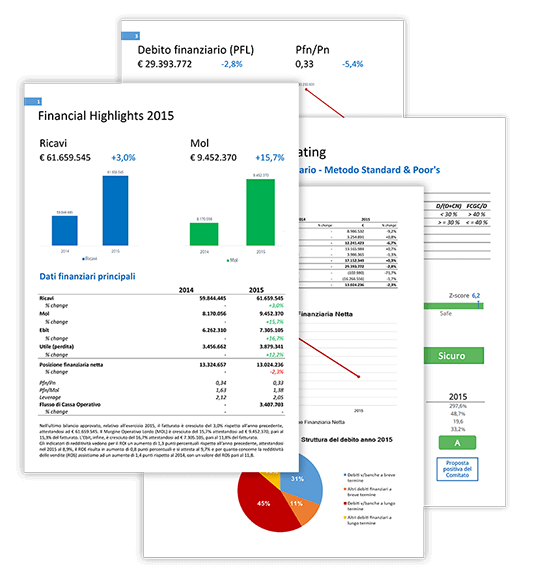
In today’s digital era, where financial transactions are increasingly conducted online, the question of whether you can fake bank statements has garnered attention. The allure of altering financial records can be tempting, but it comes with significant risks and consequences. In this article, we will delve into the intricacies of faking bank statements, exploring the motivations behind it, the potential repercussions, and responsible financial practices.
In the digital age, financial records play a crucial role in various aspects of life, from applying for loans to demonstrating financial stability. With the advent of technology, the possibility of altering or fabricating bank statements has raised questions about the integrity of financial documentation.
Understanding Bank Statements and Their Importance
Bank statements provide a comprehensive overview of an individual’s financial transactions within a specific timeframe. They serve as a tool for evaluating income, expenditures, savings, and investments, making them essential for financial decisions and verifications.
The Temptation: Can You Fake Bank Statements?
Yes, in a technically proficient environment, it is possible to fake bank statements using digital tools. However, the ethical and legal ramifications of doing so should not be ignored.
Reasons Behind Faking Bank Statements
4.1 Obtaining Loans and Credit
Individuals may consider faking bank statements to secure loans or credit that they might not otherwise qualify for due to poor credit history or financial instability.
4.2 Visa Applications and Immigration
In the context of international travel and immigration, individuals might resort to fake bank statements to meet financial requirements for visa applications or immigration processes.
4.3 Portraying False Financial Standing
Some individuals are motivated by the desire to project a lifestyle or financial standing that doesn’t align with their actual situation, often for social or personal reasons.
Risks and Consequences of Faking Bank Statements
5.1 Legal and Ethical Implications
Using fake bank statements for any purpose involving deception can lead to legal troubles, including fines and potential criminal charges.
5.2 Undermining Personal Integrity
Presenting fabricated financial records undermines personal integrity and honesty, potentially damaging relationships and credibility.
5.3 Impact on Financial Institutions
The prevalence of fake bank statements challenges the trust that financial institutions place in official documentation. This can lead to stricter verification processes and skepticism.
Read it: Understanding Your Rental Agreement
The Illusion of Authenticity: How Convincing Are Fake Bank Statements?
While fake bank statements might appear convincing at first glance, they often lack authenticity upon closer inspection. Discrepancies in transaction details, formatting, and other factors can be detected by trained eyes.
Responsible Financial Behavior: Alternatives to Faking Statements
Responsible financial behavior involves avoiding the temptation to fake bank statements and embracing legitimate alternatives for representing financial information.
Exploring Legitimate Ways to Present Financial Information
8.1 Obtaining Genuine Bank Statements
The most ethical and accurate approach is to obtain genuine bank statements directly from the financial institution when required.
8.2 Promoting Financial Literacy
Understanding the importance of authentic financial records and the implications of using fake statements promotes responsible financial behavior and informed decision-making.
Read it: Making bank statement is easy
Conclusion
The question of whether you can fake bank statement delves into a complex web of motives, risks, and consequences. In a digital world that values transparency and integrity, responsible financial behavior and the use of genuine financial documentation are essential for building trust and credibility.



